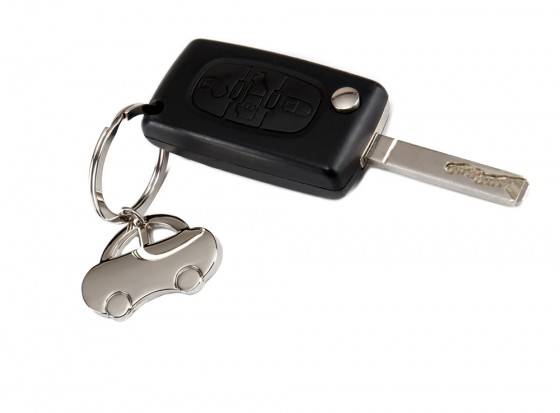 While car-sharing has been given the green light in California, Oregon and Washington, some insurers are cautioning against it.
While car-sharing has been given the green light in California, Oregon and Washington, some insurers are cautioning against it.
In the states that have passed laws, legislation prevents insurers from canceling the policy of an owner who rents a vehicle. Car-share programs are also required to provide liability insurance acceptable approved by the state.
Car-sharing services allow a car’s owner to turn a personal auto into a personal Zipcar and rent it out by the hour or the day. The owner sets a price, and an intermediary service lists the car online, connects the owner with people who want to it and takes a portion of the fee.
According to CNBC, insurance companies worked with California’s legislature on the car-sharing law to make it work. Pete Moraga with the Insurance Information Network of California said, “We knew that this was a trend that was not going away, so our goal was to come up with a law that was advantageous to all parties.”
But the National Association of Mutual Insurance Companies (NAMIC) is opposed to New York’s proposed bill, A.8007B, which would regulate car-sharing programs.
They claim it would likely result in lawsuits arising out of disputes over coverage.
NAMIC pointed out that the rise of formal car-sharing programs throughout the United States has uncovered numerous insurance-related challenges, especially over the role of the car owner’s personal insurer and what exposure it may have.
“Unfortunately, the insurance provisions in this bill lack sufficient clarity and will likely result in unnecessary coverage disputes and consumer confusion,” said John Murphy, NAMIC’s state affairs director for the Northeast. “With a car-sharing program, an insurer lacks important information for gauging the risk. Car sharing is essentially a commercial enterprise, and the personal auto carrier should not be required to cover a risk that it never intended to cover.”
Murphy said that the insurer of any car involved in a car-sharing program needs to be free to decide whether it wants to underwrite the vehicle, exclude any damage resulting from such use, and cancel or not renew any vehicle participating in a car-sharing program. He also said that because New York has a competitive auto insurance marketplace, it is likely that some carriers will develop insurance products for the car-sharing market.
The 1,400 NAMIC member companies serve more than 135 million auto, home and business policyholders and write more than $196 billion in annual premiums, accounting for 50% of the automobile/homeowners market and 31% of the business insurance market.
